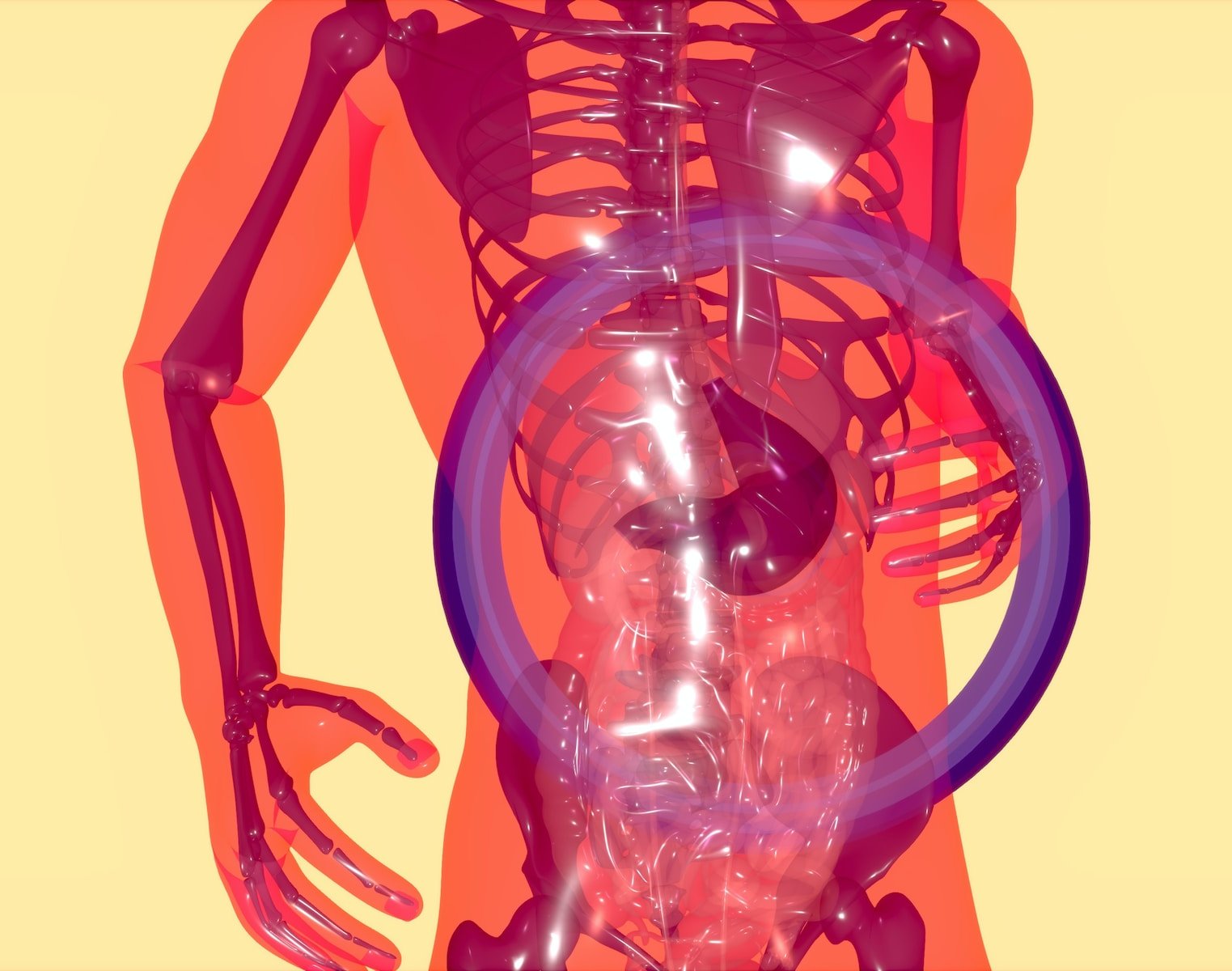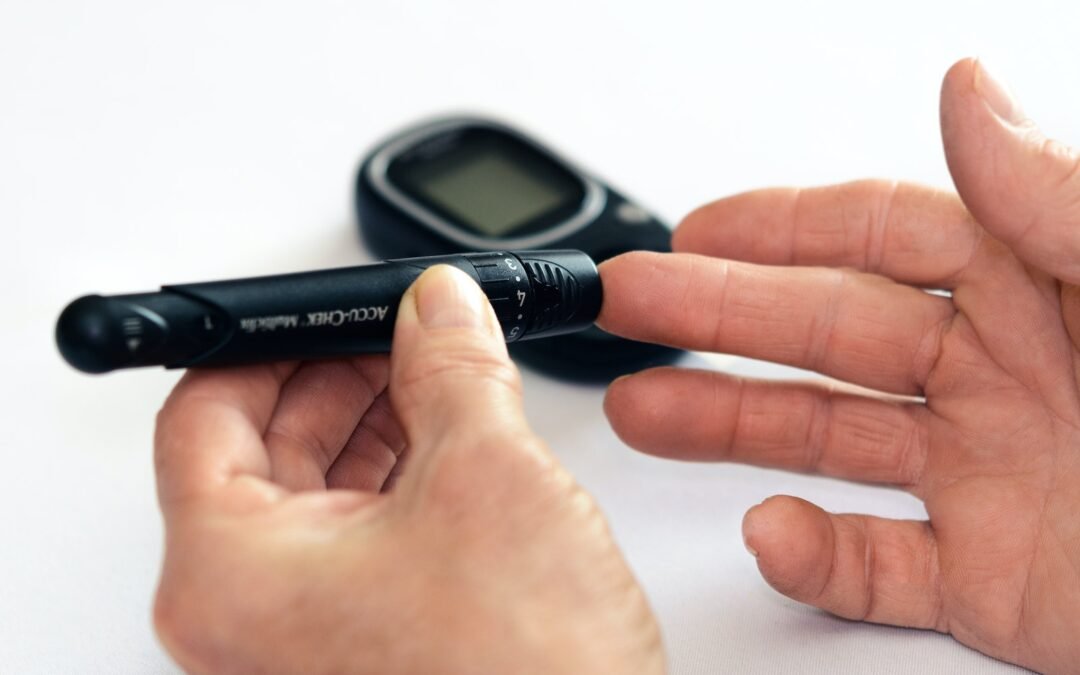Health experts have praised the Mediterranean diet for its numerous health benefits. Among them, reducing the risk of heart disease, diabetes, and certain cancers. Recently, researchers have been investigating whether this diet could also be beneficial for those with non-alcoholic fatty liver disease (NAFLD). NAFLD, a condition characterized by the accumulation of excess fat in the liver, is becoming more prevalent globally.
Studies have suggested that the Mediterranean diet may help improve liver function and reduce inflammation in those with NAFLD. This diet typically includes high consumption of unprocessed ingredients, while limiting red meat and processed foods. Some researchers believe that the anti-inflammatory and antioxidant properties of these foods may help protect the liver from damage and reduce the risk of developing NAFLD in the first place. However, researchers need to conduct more studies to fully understand the potential benefits of the Mediterranean diet for those with fatty liver disease.
Understanding the Mediterranean Diet
The Mediterranean diet is a pattern of eating that is common in countries bordering the Mediterranean Sea. It is a heart-healthy diet that focuses on unprocessed foods. The diet also includes fish and poultry as the primary sources of protein, with moderation in consuming red meat.
The Mediterranean diet is rich in healthy fats such as monounsaturated and polyunsaturated fats. You can find them in fatty fish, olive oil, and nuts. These fats improve cholesterol levels and reduce the risk of heart disease.
In addition, the Mediterranean diet also encourages the use of herbs and spices for flavoring food, rather than relying on salt. This can help reduce sodium intake, which is important for individuals with high blood pressure or other health conditions.
Researchers have associated numerous health benefits with the Mediterranean diet. Among them, is a reduced risk of heart disease, stroke, and certain types of cancer. It has also been shown to improve cognitive function and reduce the risk of depression.
Overall, the Mediterranean diet is a healthy and sustainable way of eating. It can benefit individuals with various health conditions, including fatty liver disease. By emphasizing whole foods, healthy fats, herbs, and spices, the Mediterranean diet can help improve liver function and reduce inflammation in the body.
Fatty Liver: A Brief Overview
Fatty liver, also known as hepatic steatosis, is a condition that occurs when there is an excessive accumulation of fat in the liver cells. This condition is usually asymptomatic, meaning that most people with fatty liver do not experience any symptoms. However, in some cases, it can lead to inflammation and scarring of the liver, which can progress to liver failure.
Excessive alcohol consumption commonly associates with fatty liver. However, it can also occur in people who do not drink alcohol. Non-alcoholic fatty liver disease (NAFLD) is a term that describes fatty liver that occurs in people who do not drink alcohol or consume only moderate amounts of alcohol.
NAFLD is becoming increasingly common, and according to some estimations, up to 30% of adults in the United States have this condition. The risk factors for NAFLD include obesity, type 2 diabetes, high blood pressure, high cholesterol, and metabolic syndrome.
The treatment for fatty liver depends on the underlying cause. In cases where alcohol consumption causes the condition, the treatment involves stopping or reducing alcohol intake. For NAFLD, healthcare providers recommend lifestyle changes such as weight loss, regular exercise, and a healthy diet.
Research has shown that the Mediterranean diet, which is rich in fruits, vegetables, whole grains, legumes, nuts, and olive oil, can be beneficial for people with NAFLD. This diet is low in saturated fat and high in monounsaturated and polyunsaturated fats, which can help reduce inflammation and improve insulin sensitivity. Additionally, the Mediterranean diet reduces the risk of heart disease, which is a common complication of NAFLD.
Impact of Mediterranean Diet on Fatty Liver
Effect on Liver Fat Content
Research has shown that the Mediterranean diet can help reduce liver fat content in individuals with fatty liver disease. A study conducted on 11 patients with non-alcoholic fatty liver disease (NAFLD) found that after following a Mediterranean diet for 6 months, liver fat content decreased by 35%. Additionally, a review of multiple studies concluded that the Mediterranean diet can help reduce liver fat content and improve liver function in individuals with NAFLD.
Influence on Metabolic Health
The Mediterranean diet improves metabolic health markers in individuals with fatty liver disease. A study conducted on 50 patients with NAFLD found that following a Mediterranean diet for 6 months resulted in significant improvements in insulin resistance, blood sugar levels, and cholesterol levels. Additionally, a review of multiple studies concluded that the Mediterranean diet can improve metabolic health markers in individuals with NAFLD.
Role in Weight Management
The Mediterranean diet can also play a role in weight management for individuals with fatty liver disease. A study conducted on 60 patients with NAFLD found that following a Mediterranean diet for 6 months resulted in significant weight loss and reduced waist circumference. Additionally, a review of multiple studies concluded that the Mediterranean diet can help with weight loss and weight management in individuals with NAFLD.
In conclusion, the Mediterranean diet can have a positive impact on liver fat content, metabolic health, and weight management in individuals with fatty liver disease.
Comparing Mediterranean Diet with Other Diets
Low-Fat Diets
Low-fat diets have been recommended for the management of fatty liver disease. These diets typically limit the intake of saturated and trans fats, and encourage the consumption of fruits, vegetables, and whole grains. However, research has shown that low-fat diets may not be as effective as the Mediterranean diet in improving liver function and reducing liver fat.
Low Carb Diets
Low-carb diets are often promoted for weight loss and the management of metabolic conditions such as diabetes and fatty liver disease. These diets typically restrict carbohydrate intake and encourage the consumption of protein and fat. However, studies have shown that low-carb diets may increase the risk of non-alcoholic fatty liver disease (NAFLD) and liver damage.
Vegan Diets
Vegan diets exclude all animal products and are often promoted for their health benefits, including the management of fatty liver disease. However, research has shown that vegan diets may not be as effective as the Mediterranean diet in reducing liver fat and improving liver function.
Overall, the Mediterranean diet is more effective than other diets in improving liver function and reducing liver fat in individuals with fatty liver disease. The Mediterranean diet is rich in vegetables, fruits, legumes, nuts, whole grains, and seeds. It also includes olive oil and fish as healthy fats. It also limits the intake of red meat, processed foods, and sugar-sweetened beverages.
Practical Tips to Follow the Mediterranean Diet
To follow the Mediterranean diet, one should focus on eating whole, nutrient-dense foods. Here are some practical tips to follow this diet:
- Eat plenty of vegetables: Aim for at least five servings of vegetables per day, including leafy greens, tomatoes, peppers, and cucumbers.
- Include healthy fats: Use olive oil as the primary source of fat and consume nuts and seeds in moderation.
- Choose lean protein sources: Opt for fish and seafood, poultry, and legumes instead of red meat.
- Consume whole grains: Swap refined grains for whole grains, such as brown rice, quinoa, and whole-wheat bread.
- Limit processed foods: Avoid processed foods, such as sugary snacks, baked goods, and processed meats.
- Use herbs and spices: Flavor meals with herbs and spices instead of salt.
- Enjoy fruits as a dessert: Satisfy a sweet tooth with fresh fruit instead of sugary desserts.
- Drink plenty of water: Stay hydrated by drinking water throughout the day.
By following these tips, one can easily incorporate the Mediterranean diet into their lifestyle and potentially improve their liver health.
Conclusion
In conclusion, the Mediterranean diet has been found to have numerous health benefits, including reducing the risk of developing fatty liver disease. The diet is rich in healthy fats, fiber, and antioxidants, which are all essential for liver health.
Studies have shown that following a Mediterranean diet can help reduce liver fat, inflammation, and oxidative stress, all of which are associated with fatty liver disease. Additionally, the diet has been shown to improve insulin sensitivity, which can also help prevent the development of fatty liver disease.
While the Mediterranean diet is not a cure for fatty liver disease, it can be an effective way to prevent and manage the condition. It is important to note that a healthy diet should be combined with regular exercise and other lifestyle changes for optimal health benefits.
Overall, the Mediterranean diet is a healthy and sustainable way of eating that can provide numerous health benefits, including reducing the risk of developing fatty liver disease. By incorporating the principles of the Mediterranean diet into their lifestyle, individuals can take an active role in promoting liver health and overall well-being.





